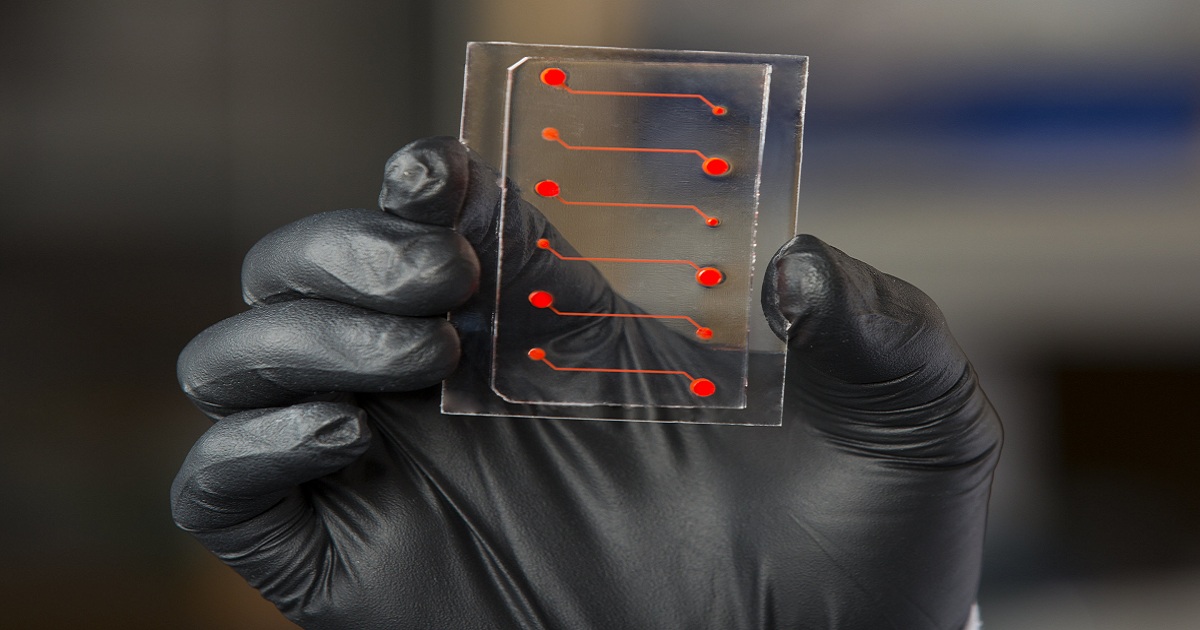Blood vessel-on-a-chips show anti-cancer drug effects in human cells
World Pharma News | January 30, 2018

Researchers at the Institute of Industrial Science (IIS), the University of Tokyo, CNRS and INSERM, report a new organ-on-a-chip technology for the study of blood vessel formation and drugs targeting this event. The technology recreates a human blood vessel and shows how new capillaries grow from a single vessel (parent vessel) in response to proper biochemical signaling cues. The technology can further be used to develop drugs targeting this growth as a therapeutic approach to treat cancer and blood-vessel-related diseases. The study can be read in EBioMedicine. Angiogenesis describes a specific process of blood vessel formation from pre-existing blood vessels. Dr. Yukiko Matsunaga, lecturer at the IIS, the University of Tokyo, has been working in the SMMIL-E project, a joint French-Japanese project against cancer (involving the CNRS, COL, Universite de Lille, the University of Tokyo), by using tissue engineering and organ-on-a-chip technology to study various biological phenomena including angiogenesis.